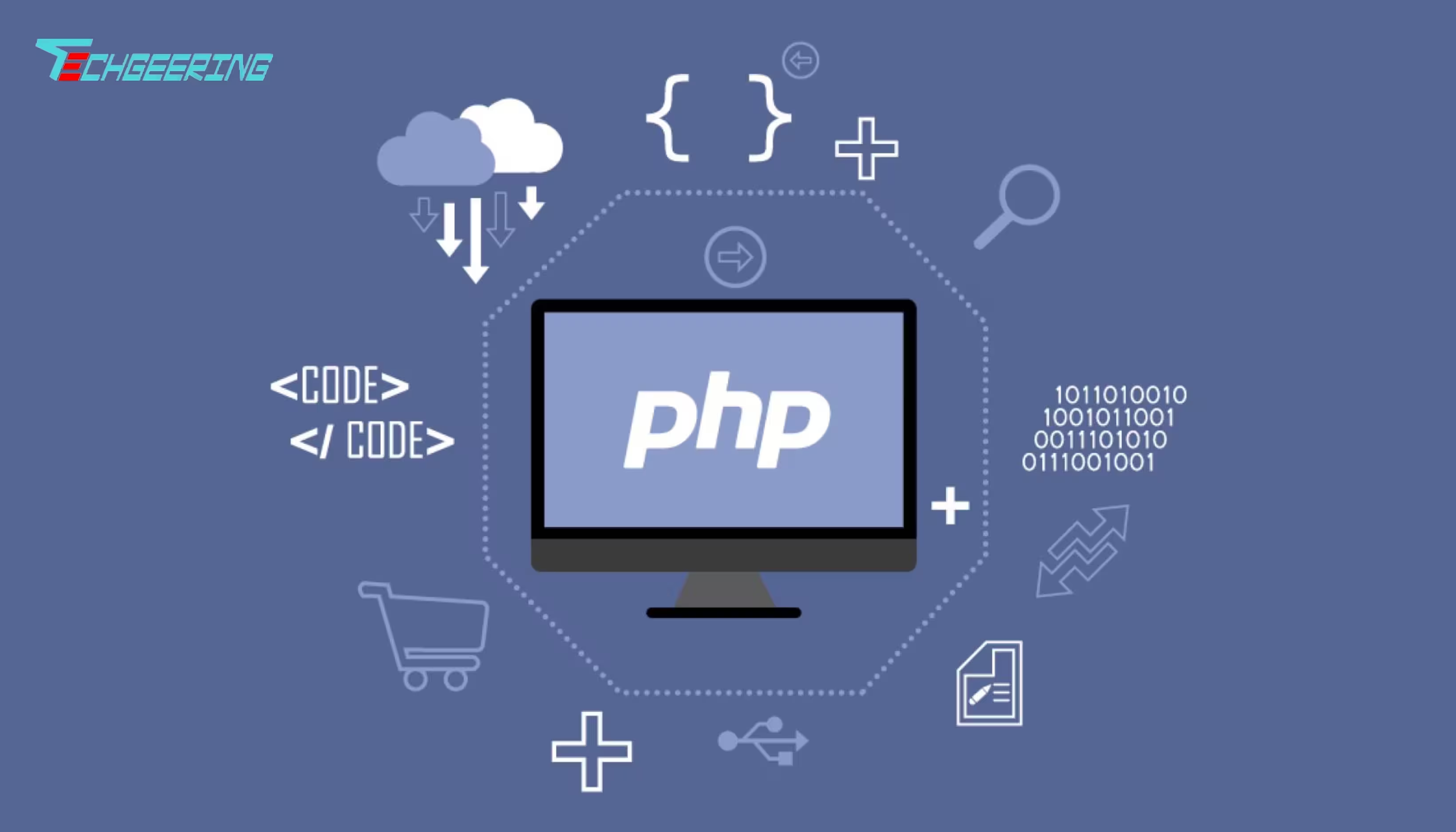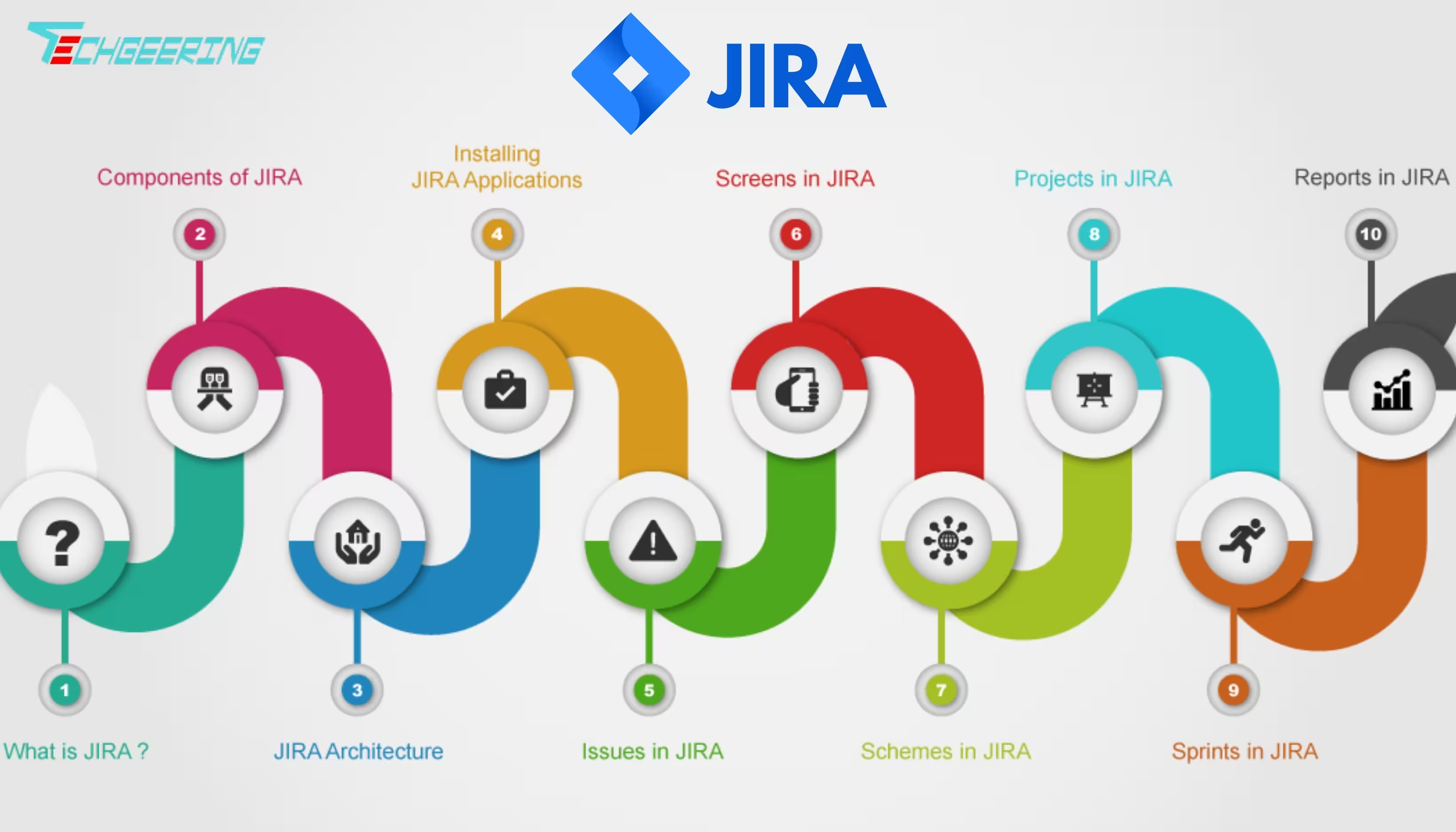Digital Marketing

Introduction
In today's rapidly evolving digital landscape, businesses of all sizes are turning to digital marketing to drive growth, engage with customers, and stay ahead of the competition. Digital marketing offers a wide range of channels and strategies that enable businesses to reach their target audience more effectively than ever before.
What is Digital Marketing?
Digital marketing refers to all marketing efforts that use electronic devices or the internet to connect with potential and current customers. It encompasses a wide range of strategies such as search engine optimization (SEO), social media marketing, email marketing, content marketing, and pay-per-click (PPC) advertising. Businesses utilize digital channels like search engines, websites, social media platforms, and email to promote their brand, products, or services. Unlike traditional marketing, digital marketing allows for measurable results, real-time interaction, and precise targeting, making it an essential tool for reaching and engaging with a global audience.
Key Components of Digital Marketing
-
Search Engine Optimization (SEO): SEO is the process of optimizing your website to rank higher in search engine results pages (SERPs), thereby increasing organic (non-paid) traffic. Effective SEO strategies involve keyword research, on-page optimization, content creation, and link building.
-
Content Marketing: Content marketing involves creating and sharing valuable, relevant content to attract and engage a clearly defined audience. The goal is to drive profitable customer actions by building trust and authority. Content marketing can take various forms, including blog posts, videos, infographics, and eBooks.
-
Social Media Marketing: Social media marketing uses platforms like Facebook, Instagram, Twitter, LinkedIn, and others to promote your brand, products, or services. It's a vital tool for building brand awareness, driving website traffic, and fostering community engagement.
-
Email Marketing: Email marketing remains one of the most effective digital marketing strategies. By sending targeted emails to your subscribers, you can nurture leads, promote products, and keep your audience informed about your brand.
-
Pay-Per-Click (PPC) Advertising: PPC advertising allows businesses to place ads on search engines, social media platforms, and other websites, paying a fee each time the ad is clicked. Google Ads is one of the most popular PPC platforms, enabling businesses to bid on keywords that trigger their ads to appear in search results.
-
Analytics and Data Management: The ability to track and measure the success of your digital marketing efforts is crucial. Analytics tools like Google Analytics provide insights into user behavior, traffic sources, conversion rates, and more, allowing you to optimize your strategies for better results.
Why Digital Marketing is Essential for Your Business
-
Cost-Effective: Digital marketing is often more affordable than traditional marketing methods, offering better ROI by targeting specific audiences with precision.
-
Measurable Results: With tools like Google Analytics, you can track the effectiveness of your campaigns in real-time, adjusting strategies as needed to maximize results.
-
Enhanced Engagement: Digital marketing enables two-way communication with your audience, fostering stronger relationships and customer loyalty.
-
Global Reach: With digital marketing, even small businesses can reach a global audience, breaking geographical barriers that limit traditional marketing.
Conclusion
In a world where the internet is integral to daily life, digital marketing is no longer optional — it’s essential. By understanding and implementing digital marketing strategies, businesses can thrive in a competitive market, achieving growth, customer satisfaction, and long-term success. Whether you’re a startup or an established brand, embracing digital marketing will open new opportunities and drive your business forward.













 Send WhatsApp
Send WhatsApp